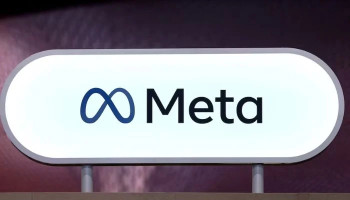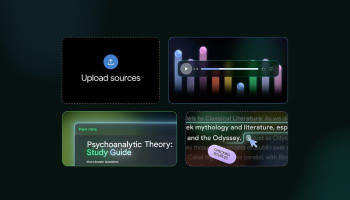
Microsoft has introduced Phi-4, the latest addition to its Phi family of generative artificial intelligence (Gen AI) models.
This latest model boasts significant improvements over its predecessors, particularly in math problem-solving capabilities.
Notably, Phi-4 is the first Phi-series model to be launched following the departure of Sébastien Bubeck, a key figure in Microsoft's Phi model development, who joined OpenAI in October.
Generative AI model Phi-4
The Phi-4 is a small language model, consisting of 14 billion parameters, and is here to compete with other models such as GPT-4o mini, Gemini 2.0 Flash, and Claude 3.5 Haiku.
All these smaller models offer advantages in terms of speed and cost, and their performance has steadily improved over the past few years.
According to the tech giant, Phi-4's enhanced performance can be attributed to the use of high-quality synthetic datasets, in conjunction with human-generated content and post-training improvements.
Phi-4 availability
Currently, the Phi-4 is available with limited access to Microsoft's Azure AI Foundry development platform, exclusively for research purposes under a Microsoft research license agreement.
It’s worth mentioning that the release of Phi-4 comes at a time when the AI research community is facing challenges related to pre-training data.
















